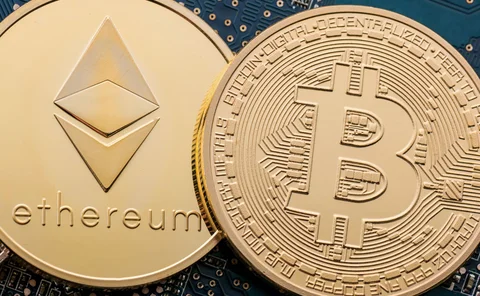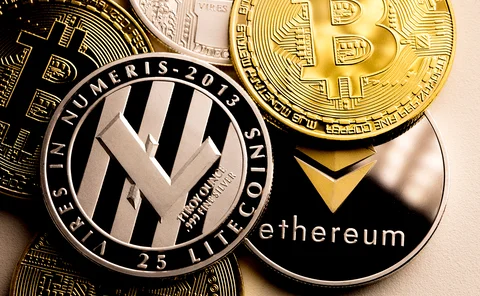Payments
Banknotes: April to June 2022
A round-up of news and salient issues that have affected central bankers in the past three months
Non-bank access to RTGS systems still rare
Only a handful of central banks allow non-bank users
Nearly 30% of central banks implementing instant payments
Over half of respondents already oversee or operate instant payments
Understanding informal remittances
Better tracking of remittance flows could give central banks valuable insights to support policy, say Deepali Fernandes, Amil Aneja and Azar Sultanov
People: April to June 2022
A round-up of central bankers in the news and on the move during the past three months
Officials urge narrow focus as CBDC use cases proliferate
Communication and financial inclusion are critical concerns, Summer Meetings panellists agree
The FinTech and RegTech Global Awards 2022 virtual ceremony
View the trophy presentations and acceptance comments from the winners of the fifth annual FinTech and RegTech Global Awards
High income countries have larger share of staff devoted to payments
Structure of central banks’ payments sections differs across institutions
Payments oversight more difficult in poorer nations
Lower income central banks more likely to feel they need more resources
Central Banking FinTech RegTech Global Awards 2022
Central Banking’s fifth annual FinTech RegTech Global Awards showcase the ground-breaking projects undertaken within the central banking community
CBDC and bank intermediation in the eurozone
An assessment of the impact different ‘digital euro’ designs related to remuneration and usage limits could have on the banking system, including during times of stress*
Average RTGS system processes millions of payments yearly
Benchmarking data shows wide range of transaction volumes
Less than 10% of RTGS systems meet ISO 20022
Most non-compliant central banks plan to implement messaging protocol by 2025
Crypto market faces growing fragmentation – BIS paper
Crypto assets are failing to generate network effects seen in standard payments, authors find
Virtual asset service provider sues Fed
Crypto firm wants “master account” but critics warn of regulatory problems
Most central banks have oversight of non-bank payments systems
Less than half have oversight of non-bank fintech service providers
Some central banks directly regulate RTGS prices
Direct intervention in pricing of other payments means is less common, benchmark respondents say
CBDCs could improve energy efficiency of payments – IMF paper
Design choices could allow for greater efficiency than existing credit card infrastructure
Few central banks offer free RTGS transactions
Most central banks use a mix of fixed and variable fees to recoup RTGS operating costs
Round-the-clock RTGS operation still uncommon
Most central banks keep core settlement system running for 7–12 hours each day
BoJ finds some CBDC designs suffer from bottlenecks
Designs faced pressures on transaction throughput, latency and CPU load
Peter Nicholl on rebuilding Bosnia’s central bank
The former RBNZ deputy governor speaks with Dan Hardie about how he tackled financial instability in the aftermath of a war
Central banks use many third parties for payments projects
Respondents mention various providers, with Montran the most frequently cited
Book notes: A full-value ruble, by Kristy Ironside
Soviet experience shows MMT worked, only with far more challenges and downsides than promoters envisioned













